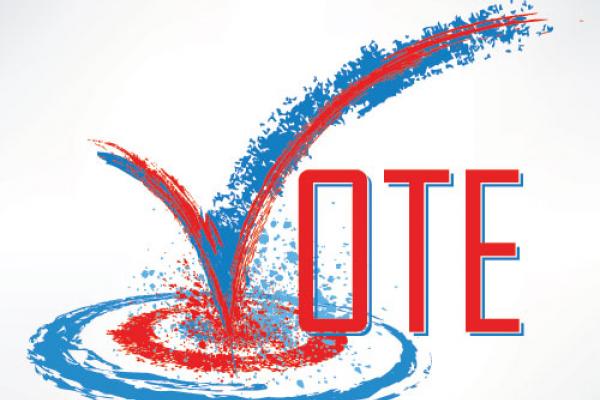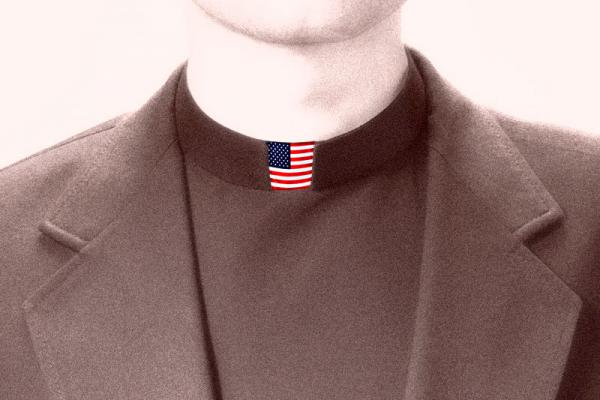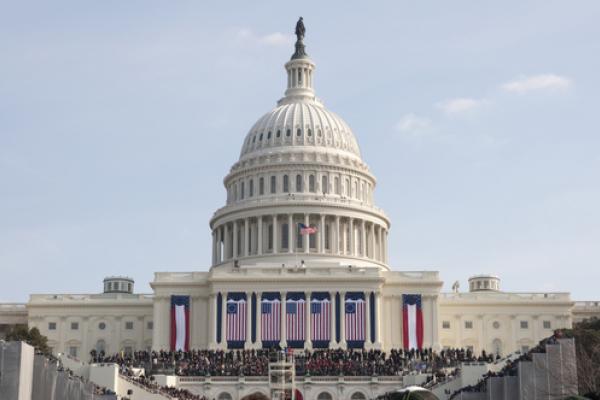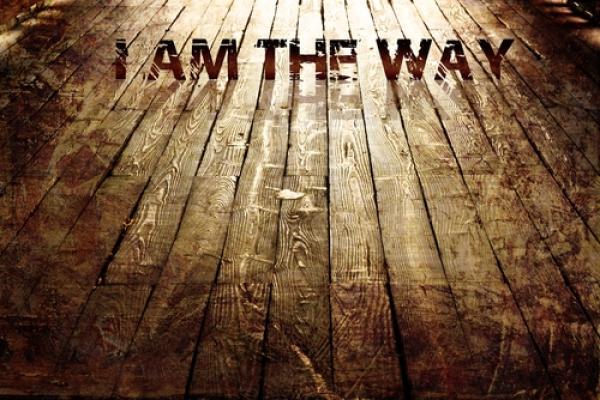SALT LAKE CITY — As Americans cast their ballots and the clock ticks toward midnight in Mitt Romney’s quest for the White House, this much is clear: Americans didn’t know much about Romney's Mormon faith when this “Mormon moment” began.
Now, thousands of headlines, dozens of TV newscasts, and one Tony-winning Broadway musical later, Americans still don’t know much about Latter-day Saints and their beliefs.
But they know more. All those stories educated millions of observant Americans about The Church of Jesus Christ of Latter-day Saints. Still, some “understandings” remain misunderstandings — and many views of the religion are still skewed, exaggerated or flat-out wrong.
Here are 12 persistent myths about Mormonism.
Next week I will vote for the first time in a presidential election. I became a naturalized U.S. citizen two years ago, giving up my Korean passport, my (not)green card, and pledging allegiance after having lived in the U.S. since the spring of 1971.
I actually studied for my citizenship exam out of fear and habit – fear that the wrong answer would mean restarting a process that had cost money, time, and emotions, and habit because I grew understanding not studying was not an option. The process actually took years for me, wrestling through ambivalence, frustration, grief, and gain to get to a point where the privileges, advantages, and necessities of becoming a citizen and my faith as a Christian pushed me over the edge.
There’s a lot at stake here. By trying to turn the Jewish poetry of the Genesis story into a scientific-historical text that would stand against evolution, Creationism, as an ideology, serves to diminish the account of human dignity established in the Creation story that might, in fact, represent a worthy alternative to Darwinism. Says [Marilynne] Robinson: “People who insist that the sacredness of Scripture depends on belief in creation in a literal six days seem never to insist on a literal reading of ‘to him who asks, give,’ or ‘sell what you have and give the money to the poor.’ In fact, their politics and economics align themselves quite precisely with those of their adversaries, who yearn to disburden themselves of the weak, and to unshackle the great creative forces of competition. The defenders of ‘religion’ have made religion seem foolish while rendering it mute in the face of a prolonged and highly effective assault on the poor.”
During the 2004 presidential election season, Sojourners put out a bumper sticker with these words: “God Is Not a Republican, or a Democrat.” The number of orders was overwhelming and we kept running out. The simple message struck a chord among many Christians who were tired of the assumptions and claims by the Religious Right that God was indeed a Republican, or at least voted a straight-party ticket for the GOP. They also absurdly implied — and sometimes explicitly stated — that faithful Christians couldn’t support Democratic candidates. We said that voting was always an imperfect choice in a fallen world, based on prudential judgments about how to best vote our values, that people of faith would always vote in different ways — and that was a good thing for a democracy and the common good.
Our efforts appeared to inject some common sense into our nation’s political discourse, but given recent electoral statements and newspaper ads from some conservative Christian leaders, it appears the message bears repeating — God is still not a Republican or Democrat.
If I had to translate her words into Navajo, I would say “ádin.” Ádin means nothing, none, zero.
I couldn't believe my ears. I was visiting Iowa in the first week of January during an election year. Presidential candidates were crisscrossing the state — kissing babies, shaking hands, and pleading for the vote of everyone they met. Campaign events were taking place in high school gymnasiums, community centers, and local businesses throughout the state. Many of the people I met had personal stories of meeting one of the candidates, shaking their hands, and talking about their issues. There are 99 counties in the state of Iowa, and a few of the candidates were taking the time to stop and hold campaign events in each and every one of them. But there I was, just a day before the caucuses, standing in the community center and tribal offices of the Meskwaki Settlement near Tama, Iowa, with the tribe’s executive director telling me that not a single presidential candidate had held a campaign event in their community.
I shouldn't have been surprised. After all I live on the Navajo Reservation. Our reserve is nearly 26,000 square miles with about 300,000 enrolled tribal members, and I cannot recall in my lifetime a presidential candidate visiting our reservation and campaigning directly to our people.
“The prevailing view in much of contemporary Christianity is more subjective. It tends to be far more focused on the happiness and moral performance of the Christian than the object of faith, Christ Himself.” –Tullian Tchvidjian
Personally I tend to always focus more on my problems when I am going through trials. I am sure that some of you reading can relate to this. It seems normal to focus on ourselves during seasons of suffering. When I look back at the most difficult time of my life, I realize how self-absorbed I was with everything that I was going through. I felt that no one could understand or relate. I felt alone and isolated. My focus was on trying to figure out a way that I could fix myself.
The days and weeks passed by and eventually my suffering faded away with time. But when I look back and remember those days it amazes me how internally focused I was! The reality that strikes me still today is the fact that there was nothing within myself that could make my suffering go away. I read my Bible and read some self-help books, but nothing could alleviate my pain. Was I doing something wrong? Did I not have enough faith? Was God punishing me for my sins? It angered me that I did not have the power within myself to just “make life all better”. I was helpless and hopeless during that season of life. There was nothing that I could do. I was a sinner in need of a Savior (1 Timothy 1:15).
Anti-Semitic incidents in the U.S. dropped by 13 percent in 2011, according to a report released Nov. 1 by the Anti-Defamation League, which tracks assaults and other attacks on Jews.
There were 1,080 incidents against Jews last year, according to the ADL, the lowest tallied by the non-profit civil rights group in two decades.
“It is encouraging that over the past five or six years we have seen a consistent decline in the number of anti-Semitic incidents across the country and that the numbers are now at a historic low,” said Abraham H. Foxman, ADL's national director.





